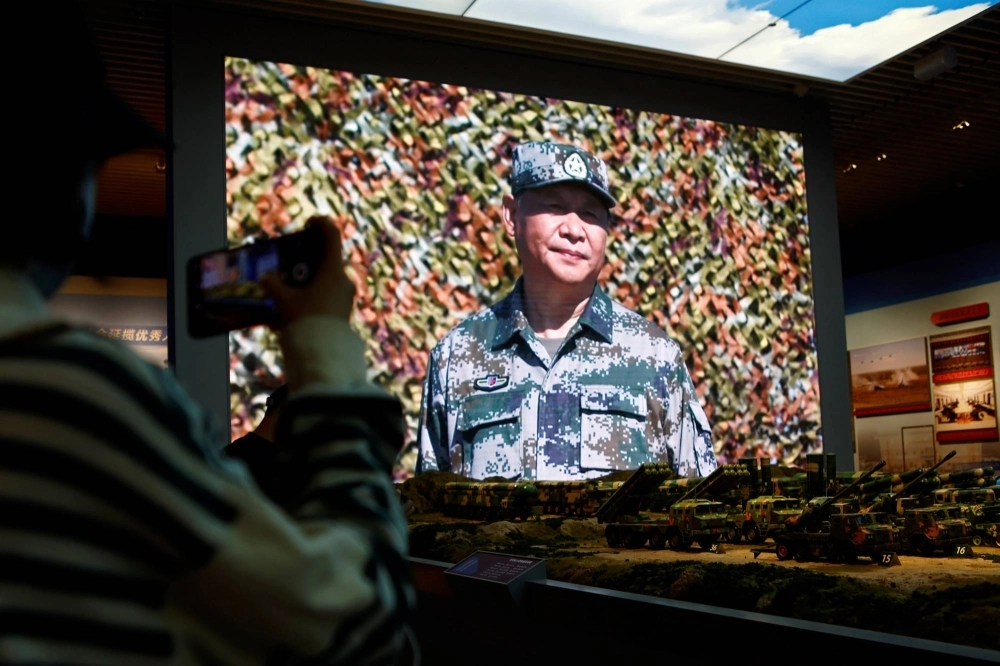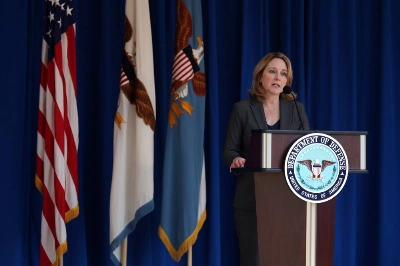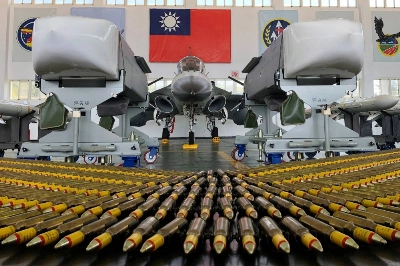Nearly 20 months after Russia’s invasion of Ukraine and with no end to the fighting in sight, there are increasing indications that the West is growing weary of the war.
The recent omission by the U.S. Congress of Ukraine aid from a short-term funding package, eroding support among Americans to supply the war-torn nation with weapons and Slovakia’s decision to halt military assistance to Kyiv are just the latest warning signs. While many believe the White House will find ways to continue funding through the November 2024 presidential election, there is no telling what may happen afterward.
Ukraine supporters argue that withholding aid would help Moscow prevail and also have repercussions across the Asia-Pacific region, potentially emboldening China to launch an offensive against democratic Taiwan.





















With your current subscription plan you can comment on stories. However, before writing your first comment, please create a display name in the Profile section of your subscriber account page.